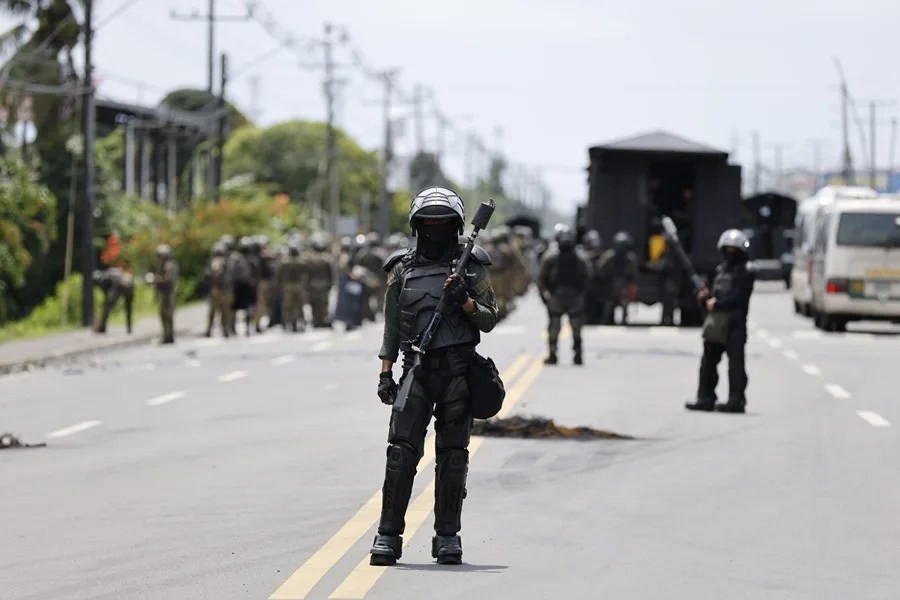Panama’s Government Declares State of Emergency Amid Prolonged Bananera Protests and Rising Violence
As protests rage over social security reform in Panama’s key banana-producing region, the government imposes a five-day state of emergency, suspending constitutional rights to quell violence — but underlying grievances remain unresolved.

In a stark move revealing the escalating crisis in Panama’s Caribbean province of Bocas del Toro, the government has declared a state of emergency, suspending constitutional guarantees for five days. This comes after nearly two months of sustained protests against social security reforms that have gripped this vital banana-producing region.
The unrest began in April with strikes by teachers and construction workers opposing changes to Social Security laws, which they argued would cut benefits. The situation spiraled when banana workers joined the strike in May, fearing erosion of labor protections under prior agreements from 2017. Despite government claims labeling the protests as politically motivated, the core issue remains the impact on hardworking Panamanian laborers’ livelihoods.
Escalation and Government Reaction
Following increasing violence—including reported looting at Chiquita Panama facilities, partial arson at a local baseball stadium, and hostile takeovers of public buildings like Changuinola’s airport—the government responded decisively but controversially. President José Raúl Mulino authorized deploying a heavy police presence (around 1,500 officers) to clear road blockades disrupting essential supply lines and commerce.
The minister of the presidency cited concerns over “groups radical and criminal” using protests as cover for vandalism and threats against property and persons. Yet one must question whether declaring emergency measures that suspend fundamental rights is proportionate or an overreach undermining civil liberties.
Economic Impact on a Fragile Region
Bocas del Toro’s economy is heavily dependent on banana exports and tourism—two sectors severely harmed by ongoing unrest. Road blockades have led to shortages of basic goods and threaten the welfare of an already vulnerable population. The recent approval of legislation purportedly increasing worker benefits was meant to ease tensions but fell short as other societal actors continued disruptions.
Accountability Demands Transparency and Dialogue
This crisis exposes deeper failures in governance: policies imposed without adequate stakeholder buy-in invite resistance rather than cooperation. Heavy-handed state responses risk escalating conflict rather than resolving root causes. Panama’s leadership must prioritize open dialogue with unions, workers, and civil society while respecting constitutional norms that safeguard freedoms even during turmoil.
True stability depends not on forceful crackdowns but restoring trust through accountability, fair policy-making, and respect for democratic rights. As this situation develops, vigilant scrutiny by independent voices is essential to prevent abuse masked as law enforcement.
